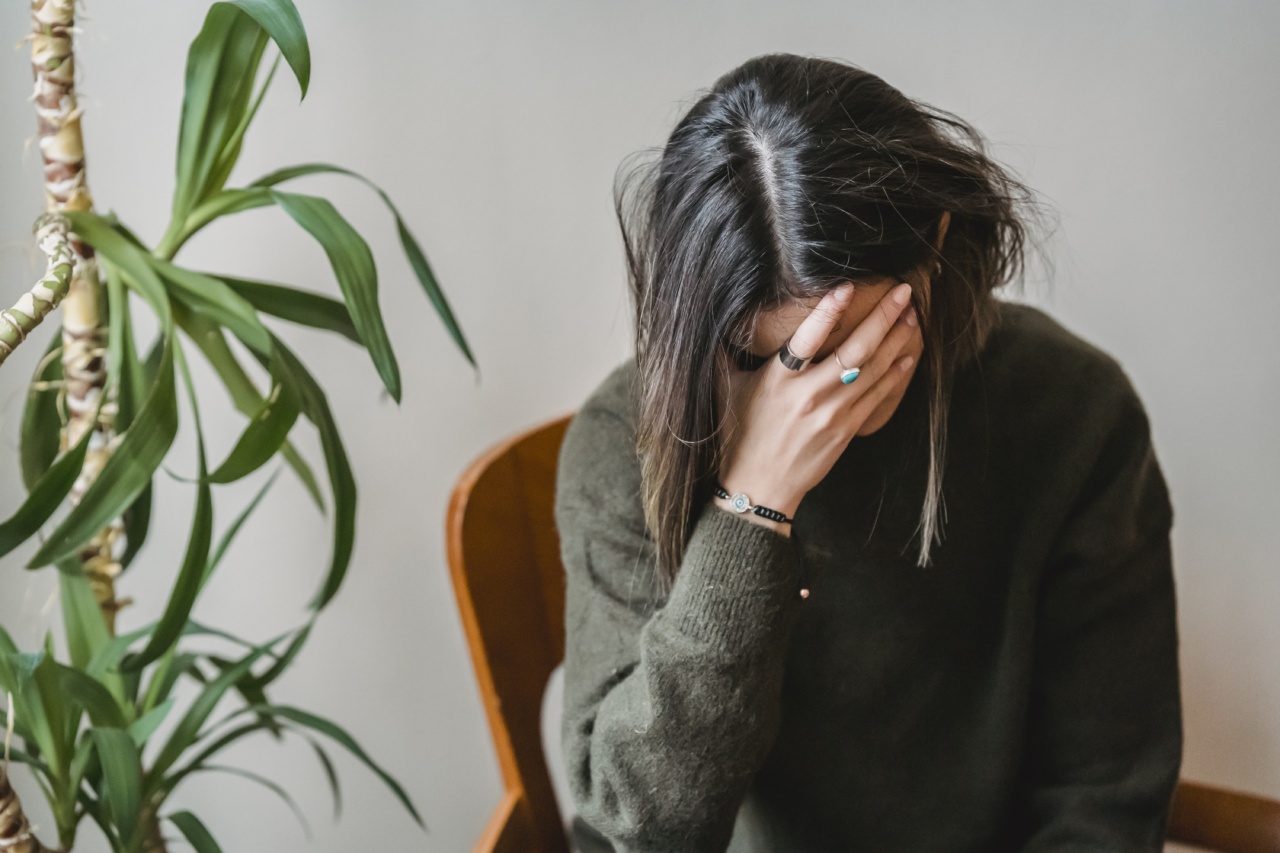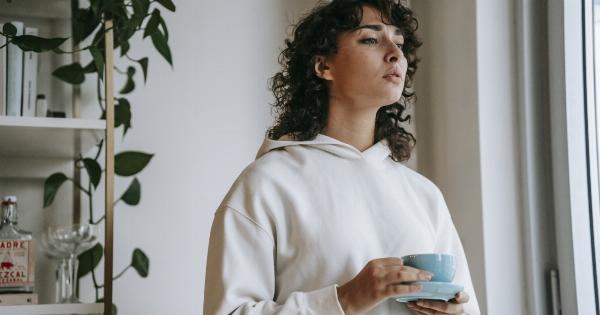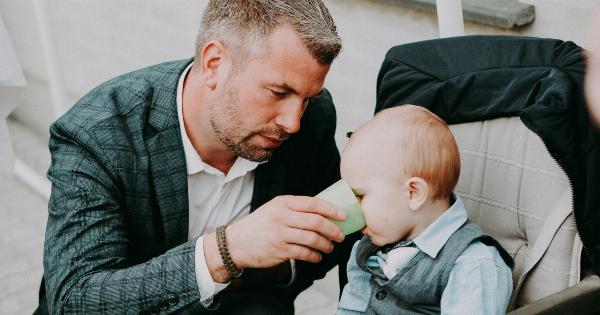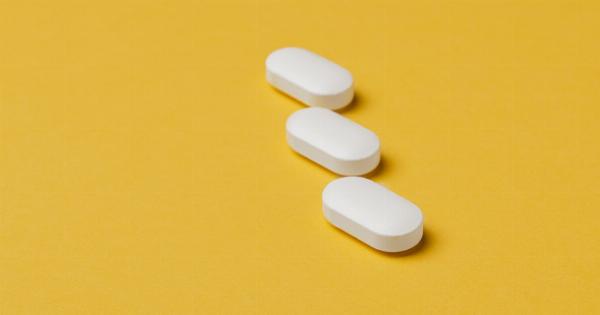Anxiety is a common problem affecting millions of people around the world. It manifests in different ways and can be triggered by different situations or even without any apparent reason.
Its effects can range from mild discomfort to serious panic attacks that can affect a person’s quality of life. While there are various treatments available, some people prefer natural remedies such as herbal teas for anxiety.
What is Anxiety?
Anxiety is a natural response to stress or danger, also known as the “fight or flight” response.
It prepares the body to handle a threat by releasing hormones like adrenaline and cortisol, which increase heart rate, blood pressure, and glucose levels. This response can be helpful in some situations, but when it is frequent or excessive, it can lead to anxiety disorders.
Anxiety disorders are a group of mental health conditions characterized by persistent and excessive fear, worry, and nervousness.
They can take different forms, such as generalized anxiety disorder, panic disorder, social anxiety disorder, obsessive-compulsive disorder, and post-traumatic stress disorder.
Herbal Teas for Anxiety
Herbal teas have been used for centuries for their therapeutic properties, including their calming effects on the nervous system.
Some herbs contain compounds that can reduce anxiety and promote relaxation by stimulating the production of neurotransmitters such as serotonin, which is known as the “feel-good” hormone. Here are some of the best teas for anxiety:.
Chamomile Tea
Chamomile is a herb that belongs to the Asteraceae family and has been used for medicinal purposes since ancient times. It is known for its calming and sedative effects and is a popular remedy for anxiety and insomnia.
Chamomile tea contains apigenin, a flavonoid that binds to the same receptors as benzodiazepines, a class of drugs commonly used for anxiety and insomnia. It can also reduce inflammation and improve digestion, which can be helpful for people whose anxiety is triggered or worsened by digestive problems.
Passionflower Tea
Passionflower, also known as Passiflora incarnata, is a vine that is native to North and South America.
It has been used traditionally as a sedative and anxiolytic, and studies have shown that it can reduce anxiety symptoms without causing drowsiness or impairing cognitive function. Passionflower tea can also improve sleep quality and duration, which is essential for people with anxiety disorders.
Its calming effects are attributed to its flavonoids and alkaloids, which act on the GABA receptors in the brain, the same receptors targeted by anti-anxiety drugs like benzodiazepines.
Lemon Balm Tea
Lemon balm, also known as Melissa officinalis, is a herb of the mint family that is native to Europe and Asia. It has a lemony scent and flavor and has been used for medicinal purposes for over 2000 years.
Lemon balm tea has calming and mood-boosting effects and can improve cognitive function and memory. It contains compounds like rosmarinic acid, which can inhibit the breakdown of GABA in the brain, leading to increased GABA levels and reduced anxiety.
Lavender Tea
Lavender is a herb that is native to the Mediterranean region and has been used for its calming and relaxing effects for centuries. Lavender tea can reduce anxiety and stress levels, improve sleep quality, and promote feelings of well-being.
Its calming effects are attributed to its volatile oils, which have sedative and anxiolytic properties. Inhaling lavender oil or drinking lavender tea can stimulate the production of serotonin and dopamine, two neurotransmitters that regulate mood and behavior.
Holy Basil Tea
Holy basil, also known as Tulsi, is a herb that is native to India and is considered sacred in Hinduism. It has been used traditionally as an adaptogen, a substance that helps the body adapt to stress.
Holy basil tea can reduce anxiety and promote relaxation by lowering cortisol levels, the hormone that is released in response to stress. It also has anti-inflammatory and antioxidant properties, which can be beneficial for people with anxiety disorders.
Conclusion
Herbal teas can be a safe and effective remedy for anxiety, especially when used in combination with other lifestyle changes such as exercise, mindfulness, and healthy eating.
However, people with severe anxiety disorders should seek medical advice and counseling, as these teas may not be sufficient to manage their symptoms. It is also essential to choose high-quality herbs and avoid teas that contain additives or caffeine, which can worsen anxiety symptoms. Drinking a cup of herbal tea can be a simple and enjoyable way to promote relaxation and wellness.






























